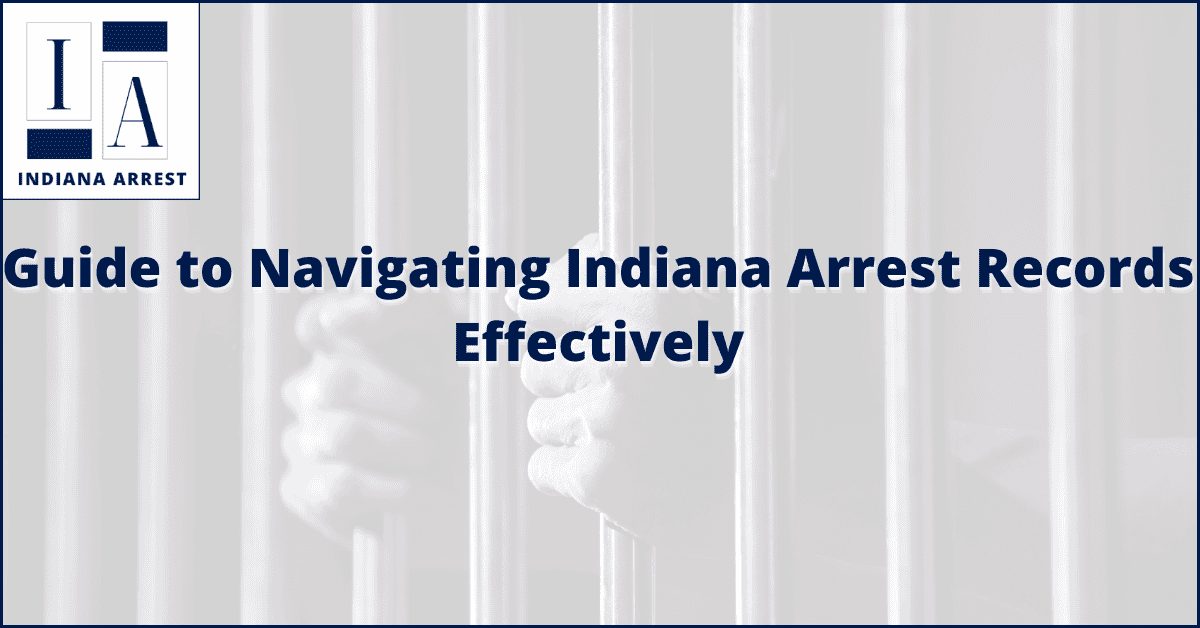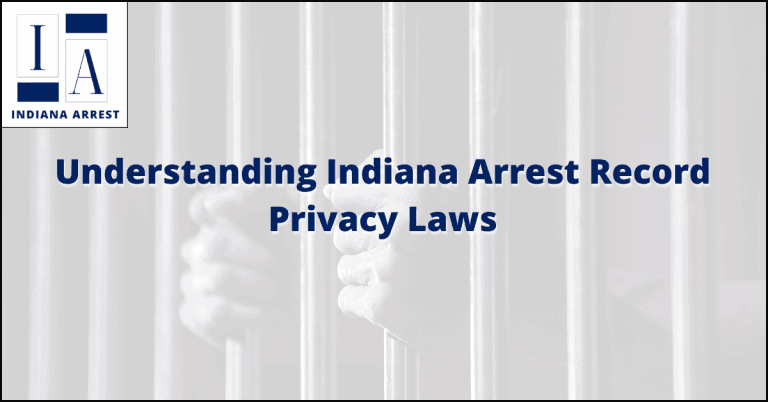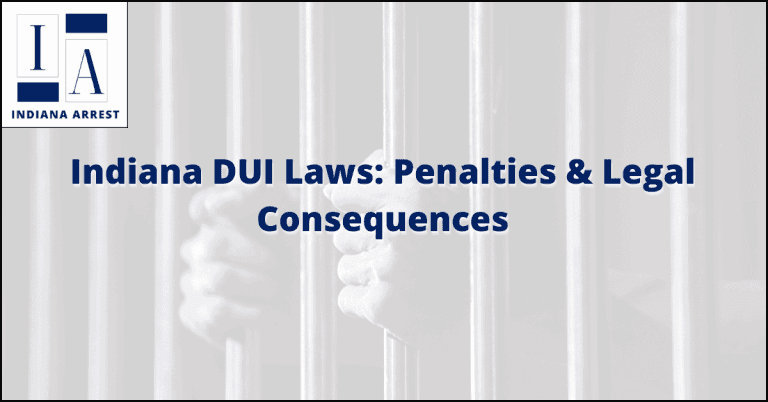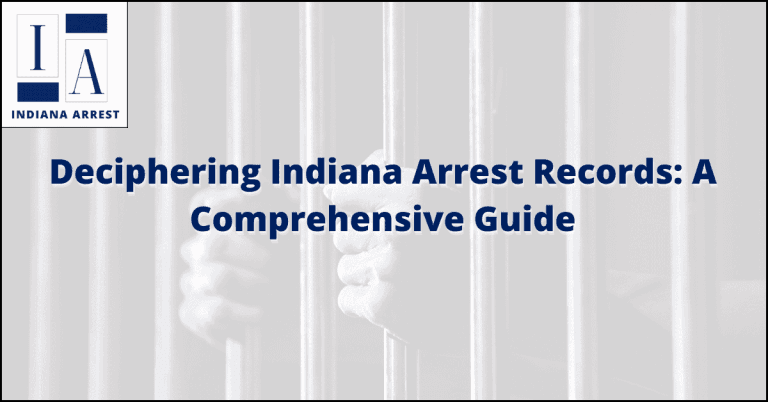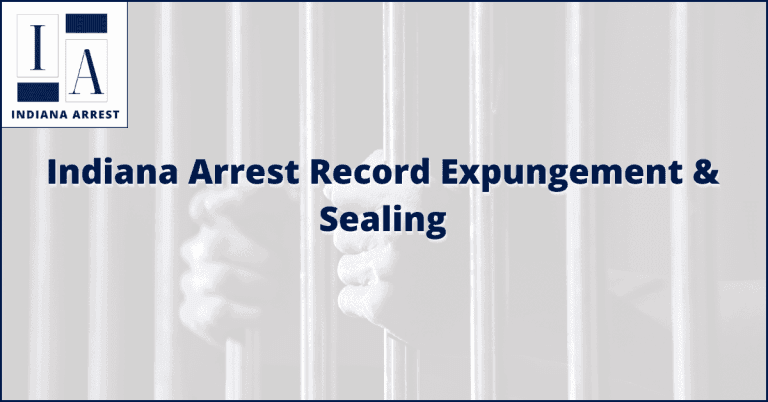Guide to Navigating Indiana Arrest Records Effectively
Navigating the complexities of arrest records in Indiana can be a daunting task for individuals seeking information about arrests, charges, and legal proceedings. Whether you’re personally involved or simply curious, understanding how to access and interpret Indiana arrest records is crucial. In this comprehensive guide, we’ll delve into valuable tips that will empower users to navigate Indiana arrest records with confidence and accuracy.
Arrest records contain vital information about an individual’s interactions with the criminal justice system. From arrest dates and charges to court appearances and outcomes, these records offer insights into legal proceedings. However, the process of accessing and comprehending arrest records can be overwhelming, especially for those unfamiliar with legal jargon and procedures. This guide aims to simplify the journey by providing actionable advice to users seeking to navigate Indiana’s arrest records efficiently.
Understanding the Structure of Indiana Arrest Records
Arrest records are often laden with legal terminology and codes. It’s crucial to understand the structure of these records to extract meaningful information. Key terms like arrest dates, charges, and case numbers hold valuable insights. By comprehending the layout, users can quickly locate and decipher relevant details.
Accessing Indiana Arrest Records
Accessing Indiana arrest records can be done through online databases and official sources. Law enforcement agencies maintain these records, and certain online platforms provide access as well. To obtain records, you can either search online or request them directly from the relevant law enforcement agency. Each method has its own process and requirements.
Interpreting Arrest Charges and Legal Terminology
Arrest charges are often accompanied by legal terminology that might be unfamiliar to many. In this section, we’ll break down common criminal charges and provide clear explanations. Additionally, understanding legal jargon like “probable cause” and “arraignment” is crucial for comprehending the context of the arrest.
Recognizing Court Procedures and Case Status
Arrest records are closely linked to court proceedings. Being able to recognize court-related terminology and procedures can provide insights into the progression of a case. Understanding the difference between a pre-trial hearing and a trial, for instance, helps users follow the legal journey more effectively.
Navigating Expungement and Record Sealing
For those looking to clear their arrest records, the process of expungement or record sealing comes into play. We’ll outline the eligibility criteria and the step-by-step process for pursuing expungement. Clearing an arrest record can have significant positive impacts on one’s personal and professional life.
Ensuring Privacy and Legal Use of Arrest Records
While arrest records are accessible, there are legal and ethical considerations when using this information. It’s important to understand the privacy implications and potential legal consequences of sharing or misusing arrest records. We’ll provide guidelines to ensure that users navigate this sensitive information responsibly.
Seeking Legal Counsel and Additional Assistance
When dealing with arrest records, seeking legal counsel can be invaluable. We’ll discuss situations where consulting an attorney is recommended and provide resources for finding legal assistance. Navigating the legal intricacies with professional guidance can make the process smoother and more informed.
FAQS
Can I access anyone’s Indiana arrest records?
Indiana arrest records are generally considered public information, but there are restrictions on accessing certain sensitive details. Law enforcement agencies and official databases are common sources to obtain such records.
How long does it take to expunge an arrest record in Indiana?
The timeline for expunging an arrest record in Indiana varies depending on the complexity of the case and the jurisdiction. Generally, it may take several months to complete the expungement process successfully.
Can expunged records be seen by employers or landlords?
In many cases, once an arrest record is expunged, it’s treated as if it never existed. However, there are exceptions, and certain entities may still have access to expunged records, such as law enforcement agencies for specific purposes.

